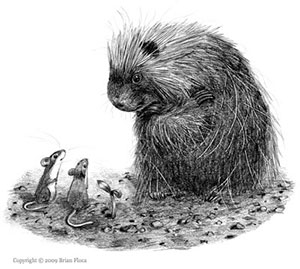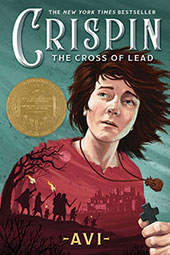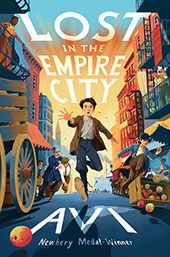I was talking to a sixth-grade class the other day when one of the students asked: “How do you make a character in a book, you know, all the different things and feelings she has?”
That’s a vital question! It’s really good because there is no one answer. My guess is if you ask ten different writers that question, you’ll get ten different answers. Here are a few I’ve learned about.
- One of the basic ways to create a character is not to create one but base the fictional person on someone you know well in real life. Mind, no matter how well you do it, it will not be that person, but someone like that person. Also, be cautious, if the real person you are depicting comes across your portrayal, they may not appreciate it.
[Years ago, I published a book in which there was a nasty character. A friend of mine decided the character was him and was deeply offended. Actually, I had never given that friend a moment’s thought when I was writing the book. Still, it meant the end of the friendship — his choice.]
- Some writers have told me they invent a whole biography of a character, before setting down his/her adventures. Where, when, circumstances of birth, and so forth. Almost like writing another book.
- You have briefly seen or met someone, and you borrow (as it were) the person’s physical characteristics, and let the character’s physicality determine who and what they do. The way the person dresses, way of talking, and acting can be helpful here. The character of Bear in Crispin, The Cross of Lead, is based on someone I met but did not really know. But his physical presence was quite impactful.
- You can evoke a historical personage and work that character into your story in such a way that what is known about him/her shapes your character and story. My most recent book, Lost in the Empire City, has a real person in it, Lieutenant Becker of the New York City Police. He was, no question, a crooked cop, being the only NYPD officer to be executed for murder. But from what I read about him, he was not just a ruthless man, he was also considered quite charming.
- Curiously, how you name a character can influence how you write about him/her. Names, consciously, or unconsciously, carry emotional weight which is quite individual. It’s not unusual for me to change a character’s name until it feels right. I won’t even presume to understand that, but it does happen, and work.
- If you are writing about an animal character, learning the biological facts about the creature can often suggest character traits. But beware of clichés. Yes, foxes are sly, but they are not always sly.

- Someone tells you a story about someone they knew, an odd uncle, a wild office mate, a curious student, a singular teacher they once had — all of them quirky in one way or another, but upon which you can base your character in fiction.
- Speaking for myself, my characters mostly emerge in the process of the many rewrites I do. I equate such a methodology as learning about a person I just met. It is only when I come to know them in the evolving context of a story (as in life), do I learn about their traits, whims, and how they deal with real events. Be warned, this method requires a lot of rewriting.
Having said all that it is certainly a truism of great books: great characters make great books.
But the deeper and harder truth is, creating a memorable fictional character is brought about by the writer’s knowledge, conscious and unconscious, of people, in all their bewildering and adorable complexity.



1 thought on “Yes, Foxes Are Sly, But They’re Not Always Sly”
I find it interesting how authors keep up the characters details in series. For instance family details of the character.
Coherence between chapters is also important. I have noticed flaws in this area in a few Nancy Drew early books. Perhaps they were pressed to meet deadlines or rake in the moolah. It could be the downside of writing books in series.
I am a fan of the series ‘The Three Investigators,’ by Alfred Hitchcock and others. I believe his character Jupiter Jones was possibly influenced by Arthur Conan Doyle’s. Sherlock Holmes.